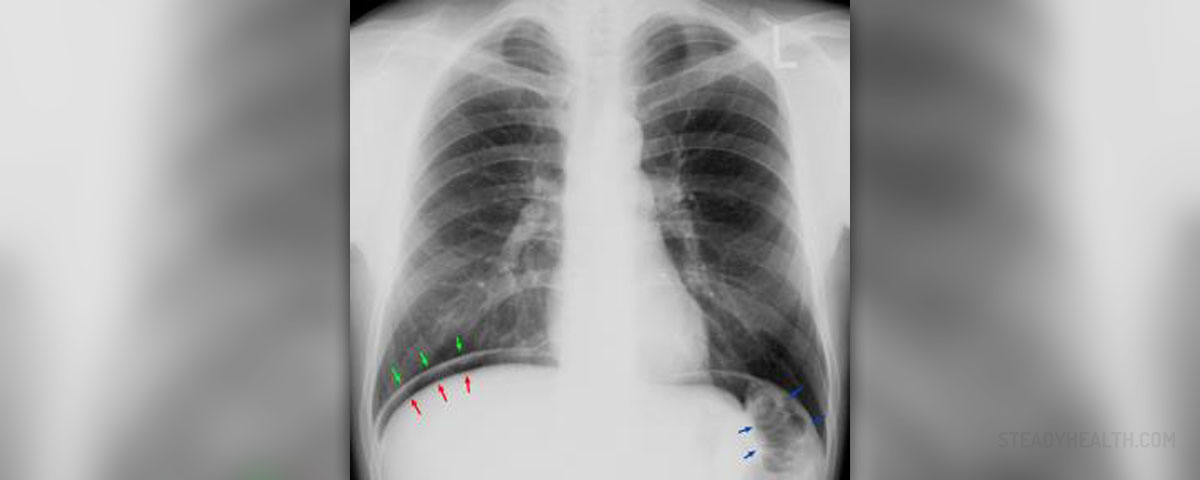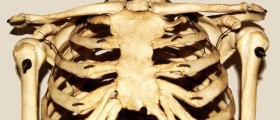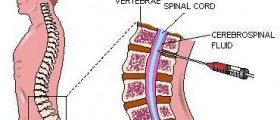
How to recognize pneumonia?
Any infection, whether fungal, bacterial or viral in nature, that affects one or both lungs is considered pneumonia. It can occur in everyone, regardless of age or gender, but the fact is that those who are over 65 and those whose immune system is impaired should be a bit more concerned if they develop it, since it may be much more difficult to treat and it might cause serious consequences. There are cases in which it may even be life threatening, which is why it is necessary to recognize the symptoms in time and to see a doctor as soon as possible. Those symptoms that usually indicate pneumonia, although it is frequently a complication of some other condition, include fever, cough, sweating, pain in the chest and muscles, shortness of breath and tiredness. It is important to know that it is not at all unusual for those who are a part of a risk group to develop fewer and milder symptoms, which is why it might be a bit more difficult to identify this condition in such cases. However, a fever that lasts and that exceeds 102 F is usually a sign to visit a doctor, although those who are particularly at risk should not wait for that sign, but they should visit the doctor even sooner.
Methods of treatment
Having in mind that the condition in question is usually caused by an infection, it is necessary to determine the nature of the infection in order to decide on what is the most appropriate method of treatment. Pneumonia that is caused by bacterial infection is usually treated by antibiotics, while viral pneumonia has to be treated with antiviral medications. Fungal pneumonia has to be treated by antifungal medications, since some sort of fungus causes it. There is also mycoplasma pneumonia, which should also be treated with antibiotics, although it is not uncommon that it disappears undetected and untreated, because people do not always look for medical help since the symptoms resemble the symptoms of a bad chest cold, for example. Some cases are so serious that they require hospitalization, and the treatment of these patients usually consists of antibiotics and oxygen therapy.
There is a number of home remedies that might help in treating the symptoms, and this option should also be taken into consideration, but whichever method of treatment is prescribed or chosen, it is suggested to take in a lot of fluids.

















Your thoughts on this
Loading...